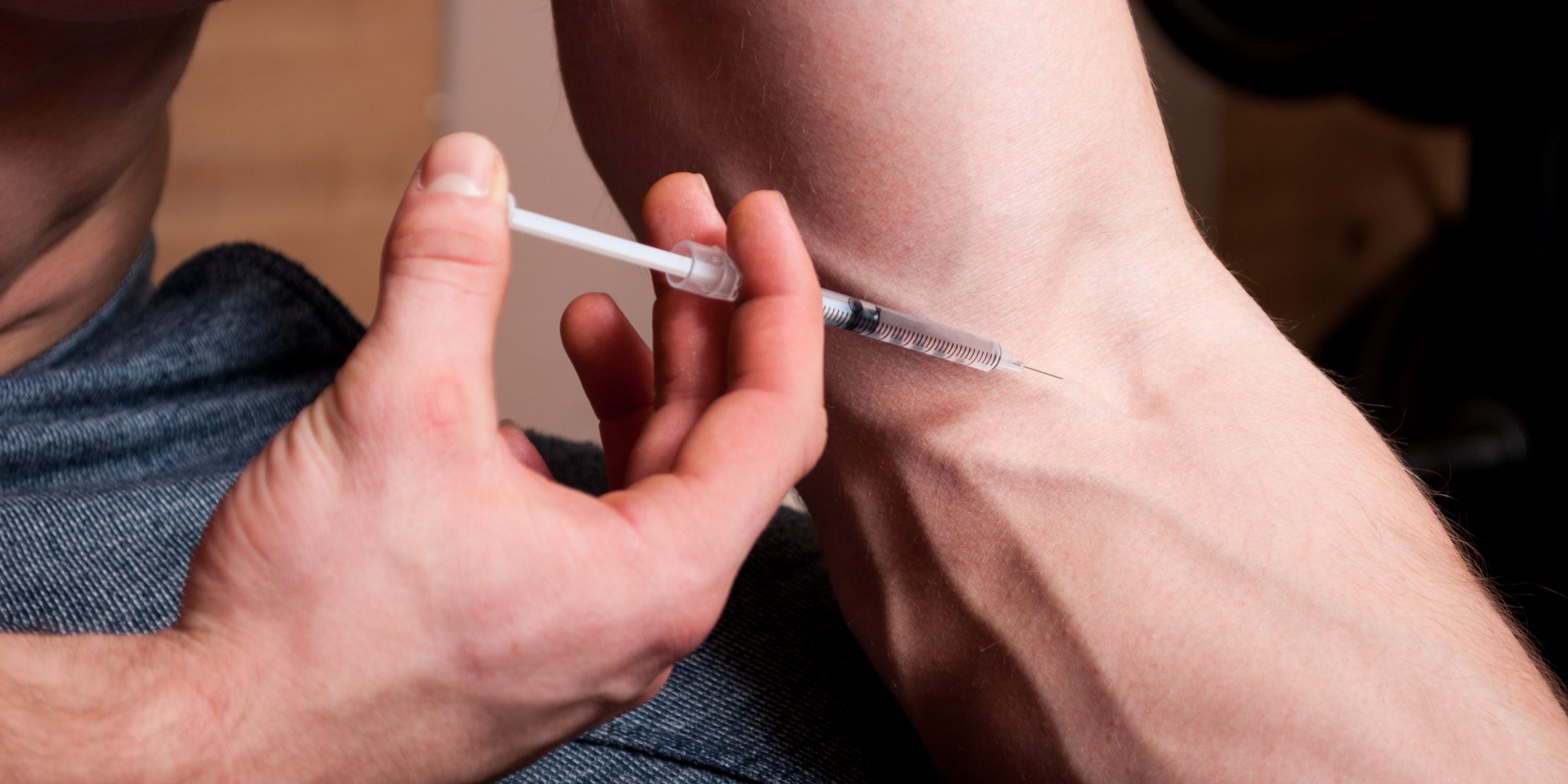
Elite athletes, such as Olympians or Ironman triathletes, usually conjure up images of drivenness, motivation, strength, and focus. It’s jarring, then, to realize that many elite athletes are susceptible to drug or alcohol addiction. Exercise itself can be addictive, priming athletes for future addiction. And the same attributes that transform these men and women into all-star athletes also lead them down the path of addiction, while leaving competition can cause feelings of intense loss or chaos. Elite athletes’ vulnerability to substance use disorders takes on new light when we understand exercise as an addiction in itself. Just like drugs, exercise stimulates and spurs the production of dopamine in the brain, flooding the exerciser with a pleasant, euphoric feeling. Over time, a person can become addicted to the natural high that exercise creates. So when an athlete stops training, whether to retire or to rest, they may feel minor withdrawal symptoms, such as restlessness, irritability, anxiety, or a craving that they must satisfy. Unfortunately, this can lead athletes to turn to drugs, which provide a similar but much more powerful high. As the neural pathways for addiction are already established, athletes have a higher risk of becoming addicted and needing treatment in drug rehab. In addition to primed neural pathways, athletes’ personality traits increase their risk of addiction. The traits that allow athletes to succeed in competition—risk-taking, impulse-seeking, and focus—can all translate negatively when transferred to addiction. For example,…
 Pathways Drug Rehabilitation Luxury Addiction Treatment & Detox Center
Pathways Drug Rehabilitation Luxury Addiction Treatment & Detox Center
